Stefania Milan is Assistant Professor of Data Journalism at the University of Tilburg, the Netherlands, and a fellow at the Citizen Lab, Munk School of Global Affairs, University of Toronto, Canada. ??She describes herself as “passionate about the interplay between technologies and society.” She is interested in the possibilities of self-organization, emancipation, and autonomy that digital technology opens up. She recently launched a brand-new research venue, the Data J Lab dedicated to ‘Big Data’ analytics.
At the upcoming VVOJ Conference in Kortrijk on November 7-8, Stefania Milan is due to talk about cyber-security. Part 6 in a series about speakers and trainers at the upcoming VVOJ conference in Kortrijk.
By Rachel Levy
You specialize in big data analysis. Can you explain what fascinates you about this field? Why do you think it is so important?
This is a great question. I am interested in what people (and not just “the experts”) can do with technology, and in the possibilities of emancipation and transformation that hands-on engagement with technology holds.
I see data as technology (the term derives from the Greek “techie” which can be translated as “craft”), and I am fascinated by 1) how big data, and data manipulated with technology, contribute to out understanding of society, at new and ever-complex levels, and 2) the possibilities software to crunch data increasingly offer to non-experts.
Engaging with technology is empowering, and engaging with data-crunching (or data visualization) software, for example, is a way to demystify technology, bring it closer to the people “like us”. It is important because of its link to democracy.
Let me explain: software innovation has expanded the possibilities of engagement with data, multiplying in turn also the possibilities for citizen participation – and citizen participation is one of the pillars of a functioning democracy.
Is big data analysis transforming journalism? Is it changing its impact in society, or its role? Or is it mere a modern addition to an “old” profession?
It depends on the time frame we have in mind. Big data analysis will certainly have an impact on journalism, but will not really transform it in the short run. Why? I can provide two main reasons:
- Big data analytics calls for specific skills, and skills take time to develop. Even if more and more data journalists are trained these days, their boss might not have the vision and the skills to properly evaluate and commission data-based stories. In other words, newsroom priorities and equilibria do not change overnight. As an example, think of how editors commission/want big data stories but are usually not ready to pay for the time a reporter has to dedicate to crush the data;
- Journalism is essentially local. It thrives thanks to quotes from national politicians, and small-scale stories for which big data analytics is somewhat irrelevant (actually, too costly and time-consuming for the purpose). Big data analysis, however, can transform investigative journalism, in the sense that it can expand its scope (but hopefully not substitute the investigation “in the first person” typical of the sector).
In a way, data analytics is still a add-on to an ancient profession, but this is not necessarily negative. Data tell stories, but software cannot – meaning software has to be designed and operated by humans, and the human part of journalism is in my view still fundamental.
There is, however, a counter-example: machine written news. This will certainly impact journalism (and local/national journalism too) much more than we would like, but is not yet at the stage of transforming quality journalism.
On the long run, though, I have hopes for big data analytics to have a bigger (and more durable) impact on journalism. It does require, however, a sort of paradigm change in this profession.
Concerning the impact of society (we journalists believe in the democratic value of our work), big data analysis can contribute to close the gap between mainstream journalism and “advocacy journalism”, putting journalism at the service of civic engagement and social change. But I am not sure that journalists like thinking about themselves as “taking sides”….
Are there any databases you would like to analyze, but have never been able to do, because they are closed to the public? Why that specific database?
I am an Italian national, although I have been living abroad for a long time. I would love to have access to databases that might not even exist yet, in the sense that the data have never been aggregated.
I would like to access a national database of public spending across the different governance levels (municipalities, provinces, regions, at the national level).
It would be a great instrument to denounce unreasonable spending. At the global level, I would like to see a database of spending on energy subsidies. You can see what I mean here.
What are computer analysts not yet ABLE to do, that you would like to do?
This is a one-million dollar question. Let’s say “prepare the datasets” for analysis, which is the most boring part of the process…
On October 21, you gave a lecture about big data and the transformation of transnational civil society. You argued that the emphasis on big data and big data evidence in advocacy might eventually be detrimental to the diversity and inclusion of the civil society sector. “In the long run, this is likely to result in the shrinking of the transnational civil society sphere.”, you said. Can you explain why?
There are some downsides to putting the emphasis on big data and on the power of number to uncover the contradictions of our society.
Over-relying on numbers might end up affecting also social change activism. For example, the United Nations recently called for “more numbers in development”
Statistics and statistical methods are certainly very useful to portray a problem, and reality more in general. However, not all social change organizations have the capacity to gather, process and present data in an efficient and meaningful way.
I am afraid there might be a division in the civil society realm, between those who have access to/can process big data and have the expertise and those who have not – the latter might be disregarded because they “just” speak slogans (rather than numbers).
In other words, in the long run big data might be end up shaping the international advocacy sector, making it more unequal.








